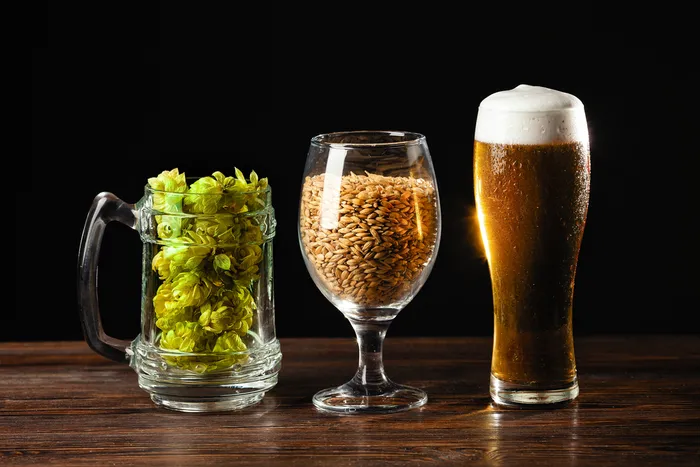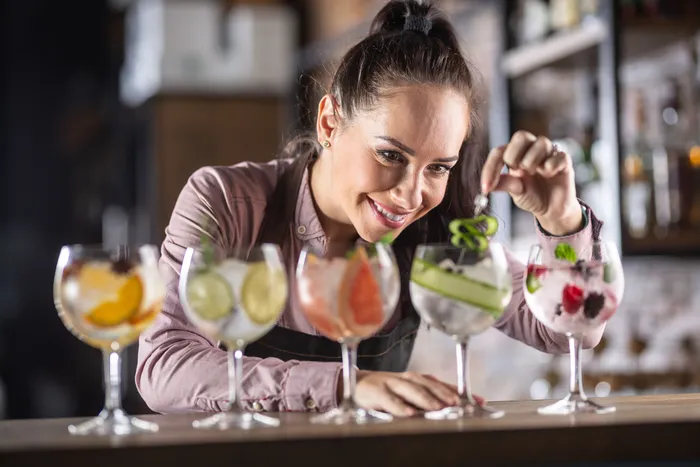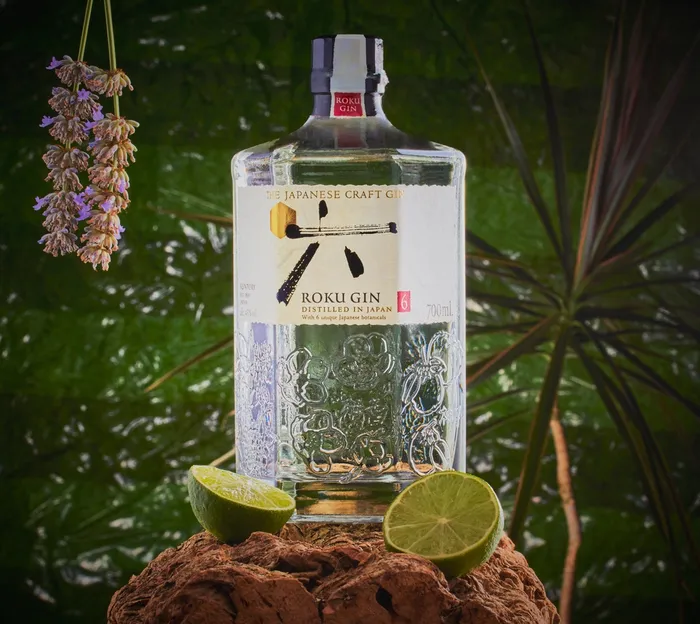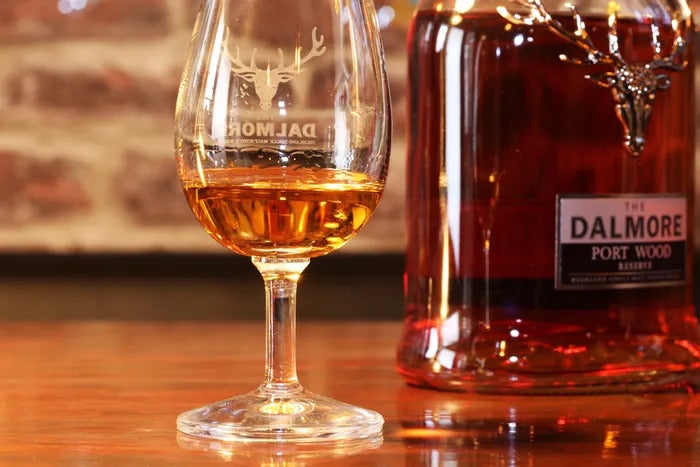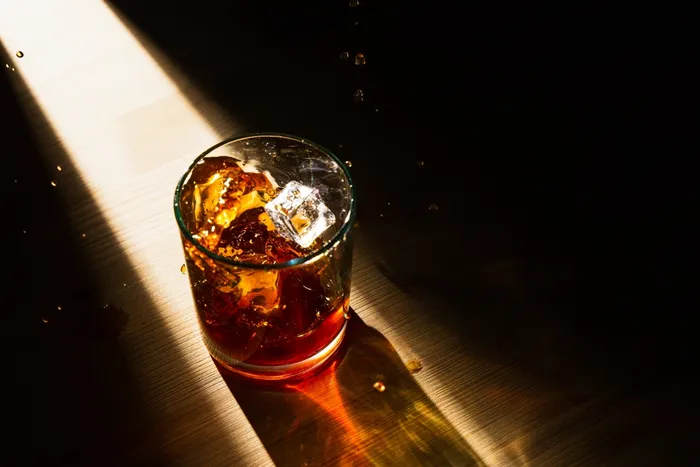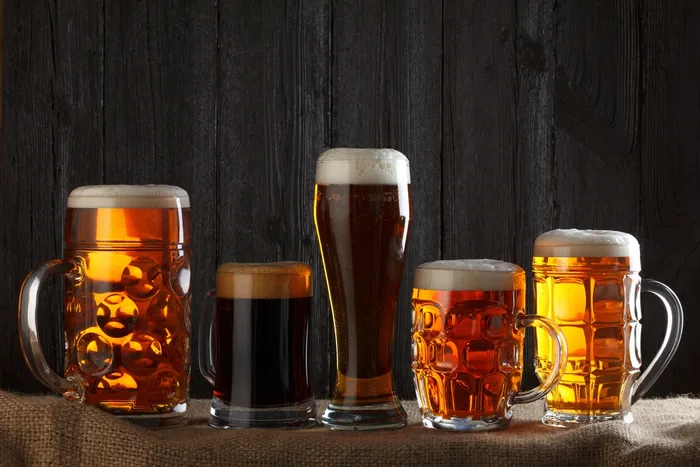There are no results that match your search.
Gin • 7 min • 03.07.2023
Gin vs. Vodka: Which Spirit is Right for You?
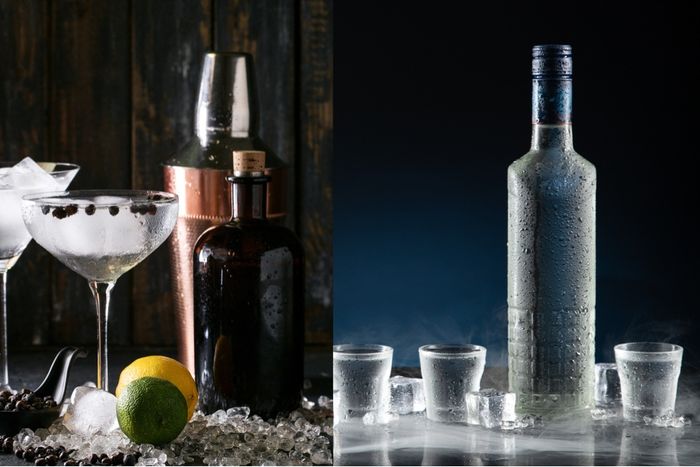
Gin and vodka have long commanded the attention of cocktail enthusiasts around the world. As versatile white spirits, they've secured places on the top shelf in many bars and homes. But how do these two popular beverages differ, and which one might align best with your taste preferences? Let's embark on a journey to discover their unique attributes.
Gin & Vodka Brands Mentioned in the Article
The Origin Story
Gin, with its rich history and intricate flavours, offers a captivating experience for those seeking a complex and aromatic spirit. Derived from the Dutch word "Genever", gin has been enjoyed for centuries. Its production process involves infusing a variety of aromatics, such as juniper berries, coriander, and citrus peel, resulting in a harmonious blend of flavours. Whether you savour the earthy notes of juniper or the citrusy undertones, gin offers a vast range of flavour profiles to suit every discerning palate. It's the spirit behind classics like the Martini or the refreshing gin and tonic.
On the other hand, Vodka is celebrated for its clean, almost neutral taste. Distilled primarily from grains or potatoes, vodka is a blank canvas, readily lending itself to a plethora of mixers and flavours. The end result is a versatile spirit that opens the doors to endless mixology possibilities.
Gin vs Vodka: The Process of Creation
Both gin and vodka begin with a base alcohol, serving as a blank canvas that will absorb the flavours during the distillation process. However, the similarity ends here as the methods for distillation and filtration significantly diverge.
Distillation and Filtering
Vodka undergoes an extensive distillation and filtration process to achieve its signature smoothness. Post-fermentation, the mash is heated in a still until the alcohol vaporises. This vapour is collected, cooled, and condensed back into a liquid state. Subsequently, vodka undergoes meticulous filtration—often using charcoal or activated carbon—to remove impurities, thereby maintaining its characteristic neutrality.
Gin, on the other hand, commences with a neutral base spirit, often derived from grains. Here, botanicals such as juniper, aniseed, cardamom, and coriander are introduced. The mixture is then redistilled in a pot still. The resulting vapour is cooled and collected, the alcohol condensing back into a liquid state. This redistillation process, where botanicals infuse their essence into the spirit, serves as gin's 'filtration', providing it with its distinctive aromatic quality.
Gin vs Vodka: The Ingredients
Gin and Vodka differ in the ingredients used for production while sharing some similarities. Vodka is typically made from classic ingredients like rye, wheat, potato, or corn, aiming for a clean, neutral taste. In contrast, Gin must contain juniper by law, but the amount varies between brands. London Dry gins have a higher juniper content, while some American and craft gins use less.
Gin also incorporates botanicals such as liquorice, coriander, orris root, cassia, and lemon peel to create distinct flavours and aromas. The differing ingredients in Gin and Vodka contribute to their unique taste profiles, offering a range of options to suit various preferences.
The Taste, Smell, and Appearance
Gin and Vodka differ in terms of taste, smell, and appearance. Gin has a distinct aroma of juniper berries with cool and pine-like aromatics. Its taste is flavorful, fragrant, and spicy, primarily due to the presence of juniper berries.
Vodka, on the other hand, has a milder aroma, often smelling like ethyl alcohol or nothing at all. It offers a smooth taste with very subtle flavours, which can vary depending on the ingredients used. Some vodkas are flavoured with fruits or spices, such as raspberry or vanilla.
Both Gin and Vodka typically have a clear appearance, though there may be slight variations as some craft Gin distillers also produce aged gin, which has the typical amber or gold colour.
Gin vs Vodka: Price
In Singapore, the price of gin and vodka can depend on factors such as the brand and quality. Premium gins like Hendrick's, Roku, and The Botanist typically fall within the SGD 60 to SGD 100 range per bottle, while high-end vodka brands such as Grey Goose, Belvedere, and Beluga Gold may cost between SGD 70 to SGD 120 per bottle.
However, more budget-friendly options exist. I would advise going for a more premium brand if you want to consume it neat or on the rocks and go for a more budget-friendly option if you are planning to make a punch or add sugary mixers such as fruit juices or sodas.
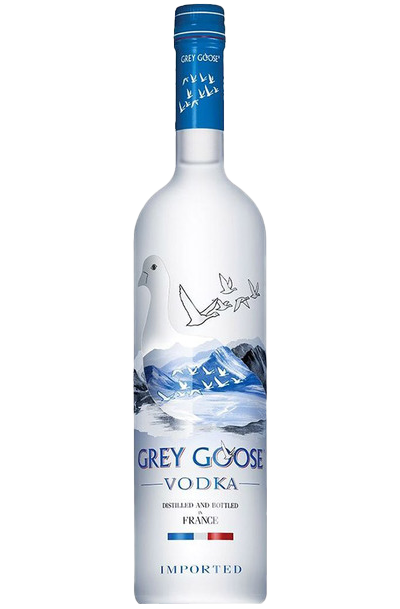
Grey Goose Vodka 1L
Buy NowTingle Your Taste Buds
As a professional bartender, I appreciate the subtleties that each spirit brings to the mix. Personally, I gravitate towards gin when crafting sipping cocktails due to its nuanced flavours. However, when I want a cocktail's flavour to stand out, vodka is my go-to spirit. In the end, the choice between gin and vodka is as personal as your preference for your favourite dish. Perhaps you're someone who enjoys the burst of spices in a local Singaporean delicacy, or maybe you appreciate the minimalist elegance of sushi. Likewise, whether you'll relish the aromatic complexity of gin or the clean neutrality of vodka depends on your personal palate. So next time you're at your favourite cocktail bar, why not experiment? Try a classic gin martini or a craft G&T. Or perhaps ask your bartender for a smooth vodka on the rocks or a bespoke cocktail. Whichever spirit you choose, the journey is sure to be rewarding.







